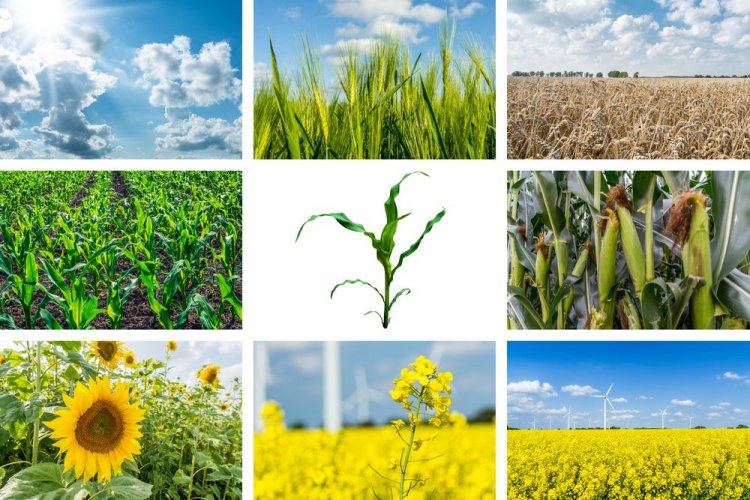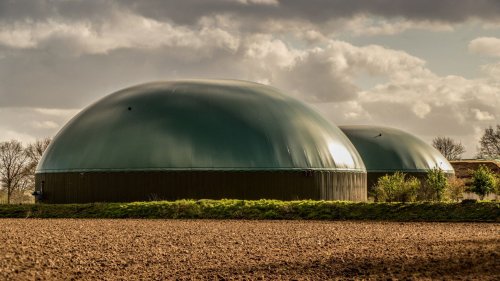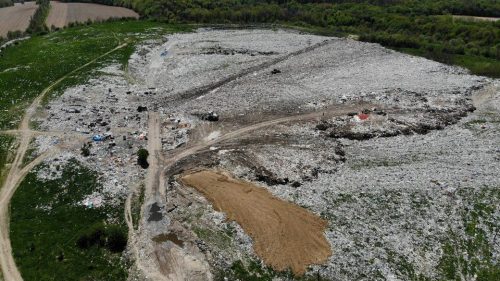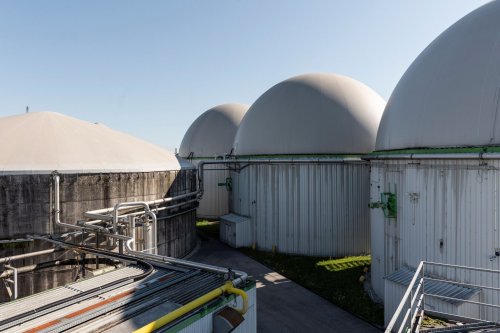The Committee of the Verkhovna Rada of Ukraine on issues of agrarian and land policy received for consideration the project of Law No. 12058 "On Amendments to Certain Legislative Acts Regarding Restoration of Degraded Lands, Stimulation of Cultivation of Energy Plants and Production of Alternative Biofuel".
EcoPolitic analyzed what changes regarding the use of agricultural land it contains, whether there is a similar practice in the world, and what reservations specialists have about this document.
What's new
Bill No. 12058 pursues several goals at once:
- restoration of degraded lands;
- creation of conditions for intensive cultivation of energy plants, which will then be used for biofuel production;
- preservation of areas under agricultural crops.
To this end, in the document, the lawmakers propose a number of significant changes in the field of land use and land protection:
1. Establishing the minimum lease term of the land plot for degraded and unproductive agricultural lands in the case of growing energy plants on them – at least 10 years. This will ensure long-term planning and efficient use of such lands.
Heorhiy Heletukha, chairman of the board of the Bioenergy Association of Ukraine, notes that his organization supports this draft law, but believes that the minimum lease term should be increased – at least to 20, and preferably to 25 years.
"The term of 10 years can become an obstacle for investment, because growing energy plants such as willow, for example, requires more time, or to be economically profitable," he says.
2. Updating the land conservation procedure , which will include the possibility of growing energy plants as one of the soil restoration methods.
3. Use of degraded and polluted lands for the cultivation of oil crops , which in the future will be used not for obtaining food products (components for them), but for the production of biofuel (bioethanol, biodiesel).
4. Introduction of a clear definition of "degraded lands" to avoid different interpretations.
5. Introducing the definition of energy plants into the conceptual apparatus of the Law of Ukraine "On Alternative Fuels". etc.
Heorhiy Heletukha said that two similar draft laws were already being developed by the deputies, but they never reached the consideration of the committee.
Experience of other countries
According to the expert, Croatia already has the experience of growing energy crops on lands contaminated by hostilities. Miscanthus, a perennial grassy plant from the grass family, is successfully grown here to obtain biofuel.
In addition, the head of the Bioenergy Association noted that biofuel obtained from energy plants grown on polluted and degraded land falls under the concept of "advanced biofuel" of the EU RED III (The Renewable Energy Directive), specified in Appendix IX .
Who spoke against
At the same time, the activists of the Ukrainian Nature Protection Group (UPG) expressed a strong negative view of the draft Law No. 12058. They named 6 arguments against this document:
1. The provisions of the draft law contradict the main idea of conservation, namely the cessation of land plowing and their restoration to the appearance of natural ecosystems.
2. UPG members see it as legalizing the illegal use of conservation lands to be able to legally grow sunflowers or canola where it is currently illegal.
3. Activists said that energy and oil crops deplete the soil the most and lead to erosion.
4. They raised the question of where harmful substances absorbed by plants from lands contaminated by military operations will go.
"The authors of the draft law themselves write that the cultivation of energy plants on technogenically polluted lands will allow the soil to be cleaned. And where will the energy absorbed by these plants go further if they are made into, for example, pellets?”
George Heletukha claims that the biogas obtained from energy plants will not contain harmful impurities, and the fermented sediment with heavy metals will return to the land where these plants were grown.
5. Special conditions for growing these crops.
"The minimum term of land lease should be 10 years, the lease price should be the lowest possible, and in addition, there should be subsidies from the state," says the UPG.
6. As the last argument, the activists reminded that not only ecologists, but also agronomists from the Academy of Agrarian Sciences of Ukraine write about the need for land conservation.
"A bunch of state strategies, laws, international obligations require increasing the area of pastures and hayfields. The conservation of land in this way is the most scientifically based," they are sure.
The other day, EcoPolitic told that the first Ukrainian biomethane began to arrive in the domestic GTS. Also in September we reported that the government adapted The procedure for functioning of the biomethane register in accordance with European requirements.





